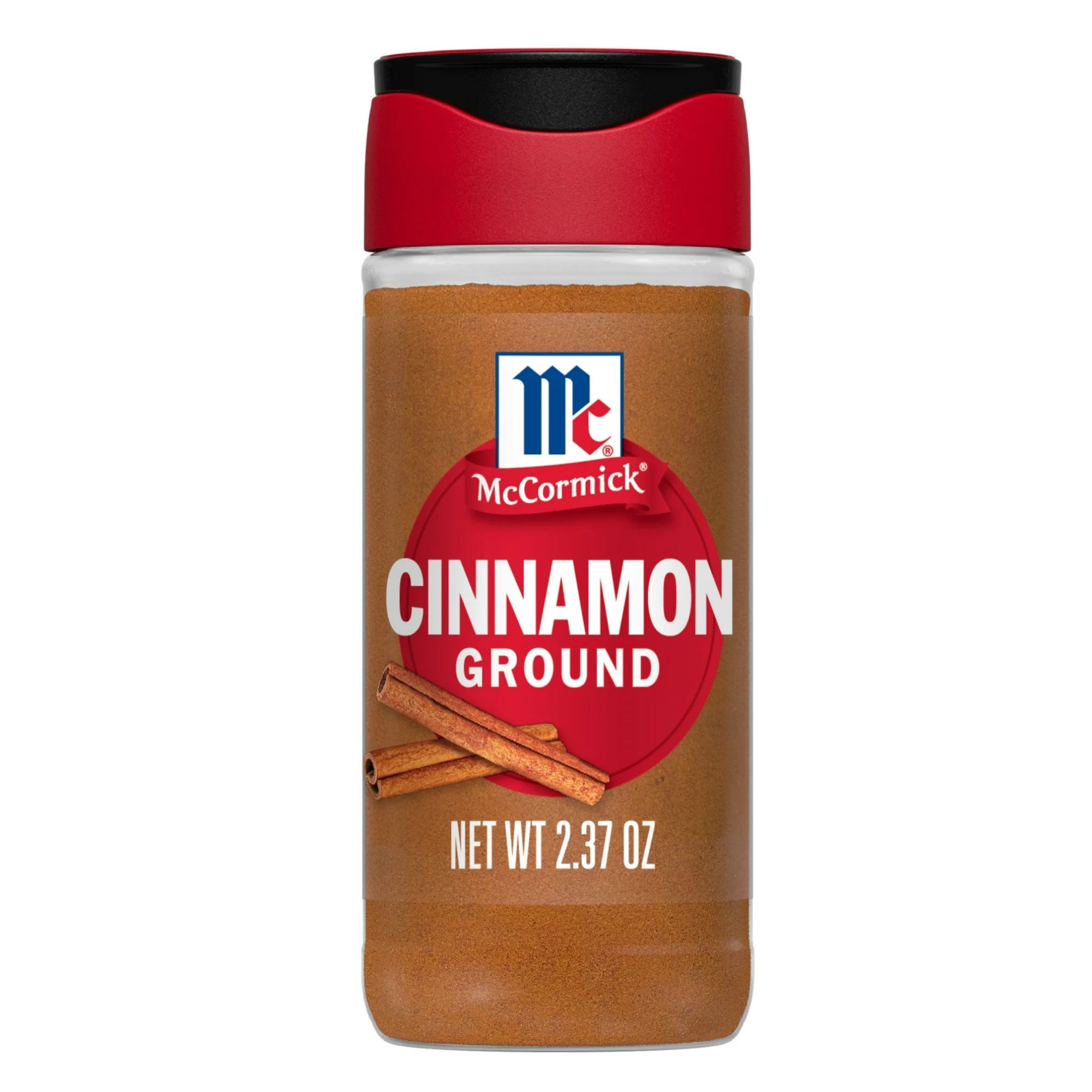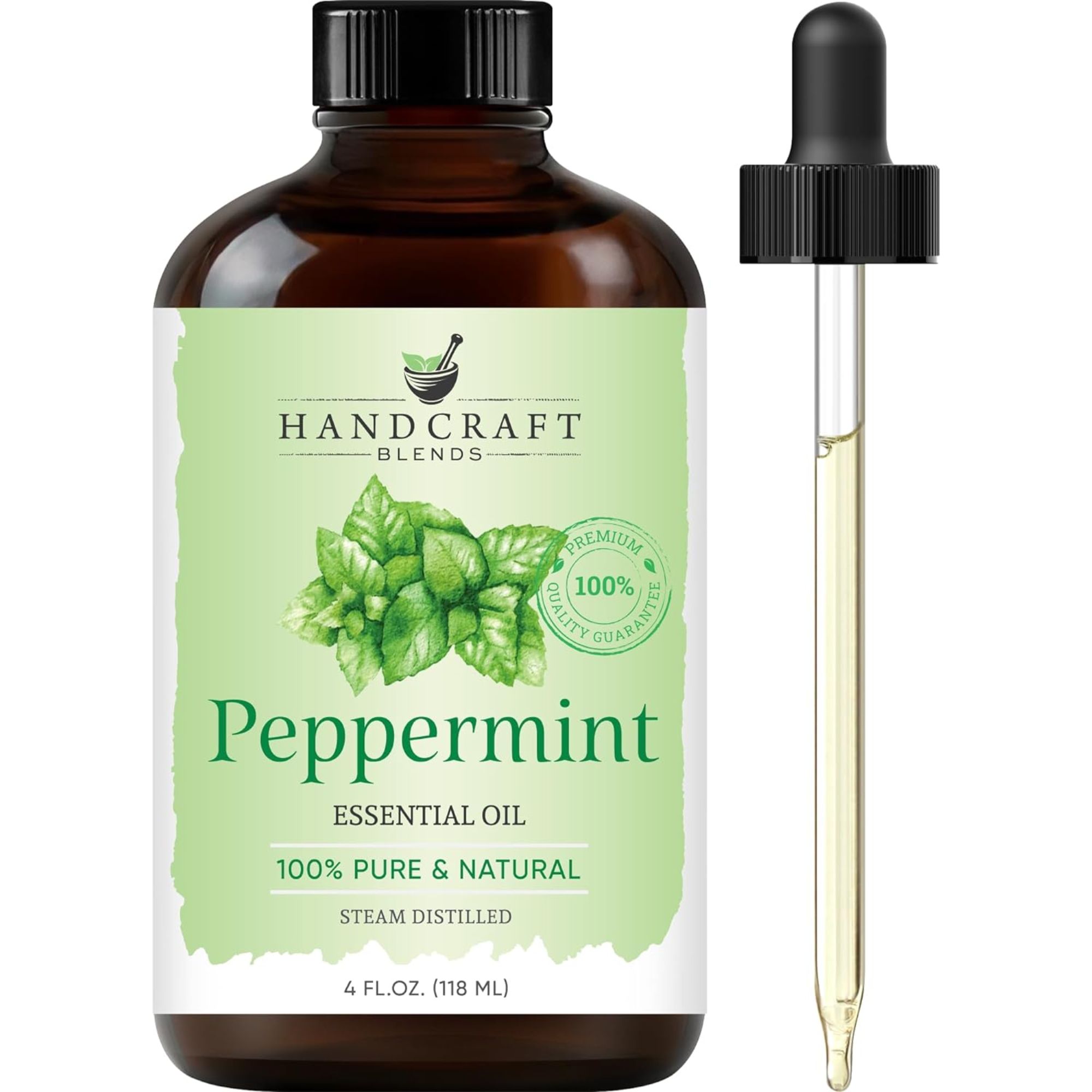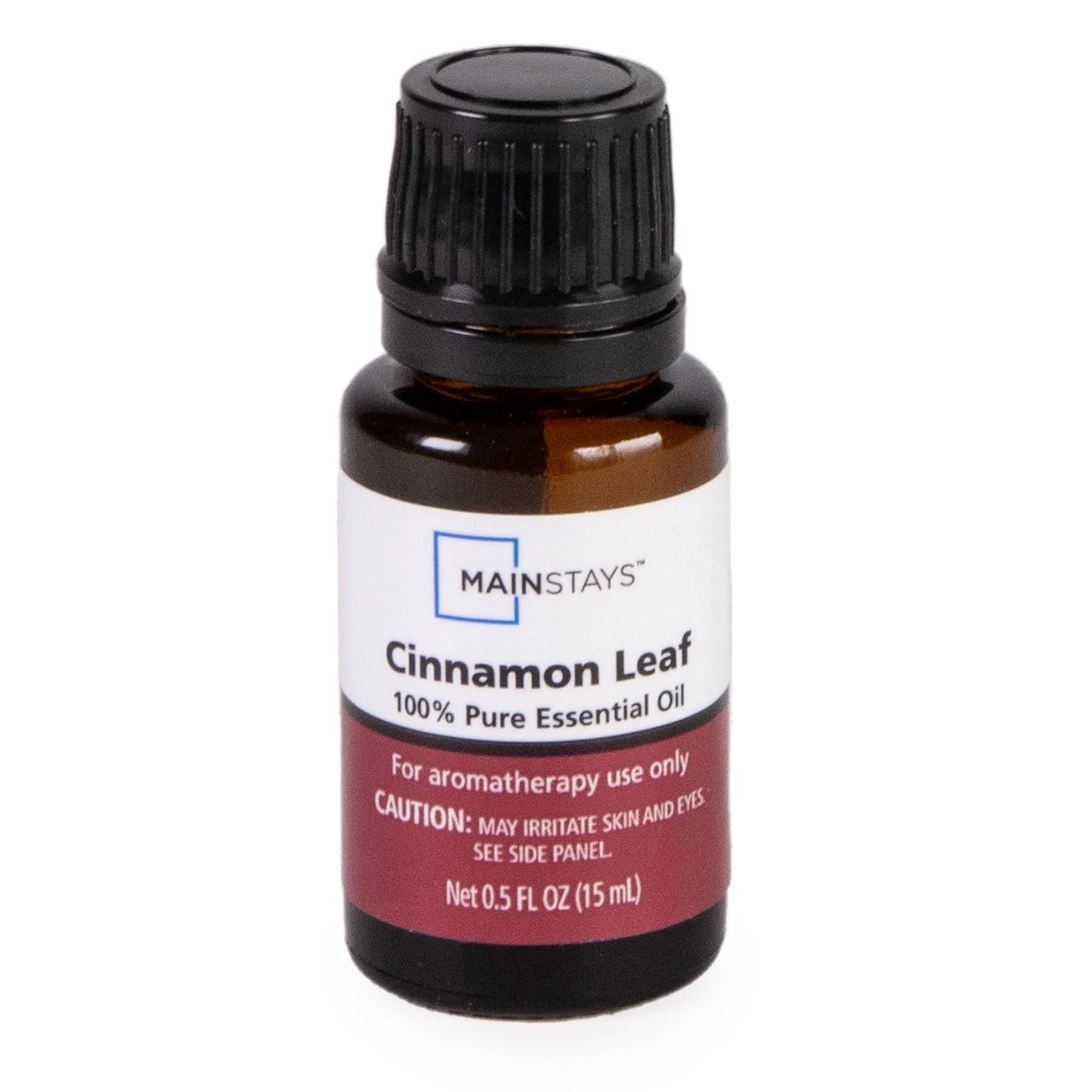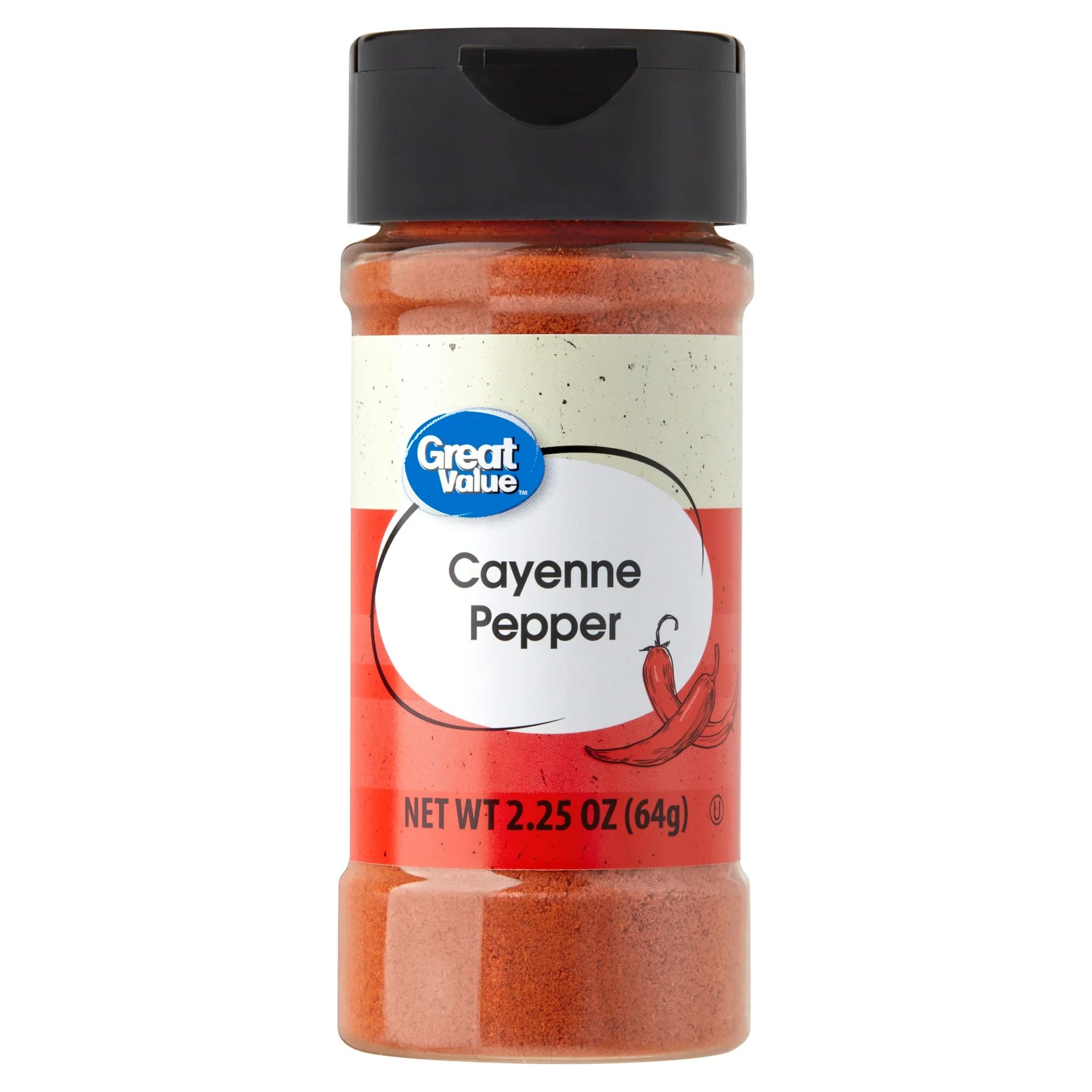Pest control pros reveal how to use cinnamon to keep rodents out of your kitchen this winter
Keep mice and rats at bay naturally with this pantry staple


If there's one pest you really don't want taking up residence in your kitchen, it's rodents.
Notorious for chewing through cables, ravaging food supplies and spreading diseases, these small but mighty pesky creatures do more than seek shelter in your home. Here, our pest control pros share how to use cinnamon to deter mice and rats from your kitchen.
While you may know how to identify indoor pests and deal with the most common ones, these methods often consist of strong, harsh chemicals and calling in pest control pros. If you prefer not to introduce either around where you prepare and eat food, it turns out the key might just be hidden away in the back of your kitchen cabinet.
How to use cinnamon to keep rodents out of the kitchen

It turns out that cinnamon can work effectively to deter rodents, as it is one of the smells rats and mice hate.
Faith Rock, pest control expert at Alta Pest Control, explains, 'The strong aroma of cinnamon, primarily due to its compound cinnamaldehyde, can temporarily deter rodents by overwhelming their sensitive sense of smell,' as they have highly-sensitive noses.
Much like using peppermint oil to get rid of mice, cinnamon presents a great way to get rid of mice humanely.
All prices were correct at the time of publication.
Design expertise in your inbox – from inspiring decorating ideas and beautiful celebrity homes to practical gardening advice and shopping round-ups.

With a SnapTight™ bottle, this cinnamon stays fresher for longer, sealing the powerful aroma in.

This essential oil is 100% pure, natural and undiluted, for a premium grade and quality and potent aroma.

These 100% natural cinnamon sticks have a high oil content, giving them a strong aroma, and unique flavor when used in cooking.
Step 1: Select your cinnamon type

As Brendan Polichronopoulos, pest control service professional at LocalProBook explains, the type of cinnamon you opt for may have affect the efficacy of this hack.
He says, 'Choose strong, fresh cinnamon sticks (such as the Frontier Co-op Organic 3" Ceylon Cinnamon Sticks available at Amazon) or cinnamon essential oil. Whole sticks provide long-lasting scent release, while essential oil gives a powerful, concentrated aroma.'
You can also use cinnamon in your yard, as it's one of the spices to deter common garden pests.
Step 2: Identify entry points

In order to deter rodents, you'll need to know where they're coming in.
Jerry Eason, owner of Diamond Exterminators, advises, 'Look for cracks or gaps where rodents might be entering your kitchen.'
Where possible, you might want to block these gaps up using caulk, such as the Gorilla Waterproof Caulk & Seal 100% Silicone Sealant available at Amazon, which is waterproof, and mold and mildew resistant. Remember that mice can squeeze through even the tiniest of gaps, which is why it can be difficult to prevent mice from getting into your house. This is where natural deterrents come in handy.
Step 3: Apply cinnamon

Once you have identified all possible entry points, apply the cinnamon around them. Pest control expert Eason says, 'For essential oil, soak cotton balls (such as the Equate Jumbo Cotton Balls available at Walmart) in cinnamon oil, and place them near entry points, under the sink, or along baseboards.
'For ground cinnamon, sprinkle a generous amount near these spots or in areas where you've noticed rodent activity.'
If you add a carrier oil to the mix, it will help the essential oil stay pungent for longer. Try a few drops of fractionated coconut oil, available on Amazon, which does not have any scent.
Step 4: Replace as necessary

Though this hack works effectively, whichever form of cinnamon you use will need to be replaced often, to ensure the scent is powerful enough to get rid of mice from a garage or get rid of rodents in walls.
Pest expert Eason says, 'Reapply every few days or when the scent starts to fade to keep it strong enough to deter rodents.'
Optional step: Combine with other natural methods

While not necessary, combining this cinnamon rodent pest control method with other, natural remedies to banish these critters from your kitchen, may increase its efficacy, says professional exterminator, Polichronopoulos.
'Enhance this method by adding peppermint oil or cayenne pepper (such as the Lawry's Ground Cayenne Pepper available at Walmart) in other corners of the kitchen for a multi-sensory deterrent,' he suggests.
Drawbacks of using cinnamon to keep rodents out of the kitchen

While cinnamon is an effective deterrent, it's important to remember that it necessarily won't work as a long-term solution, and certainly can't be used to deal with any full-blown infestations.
Pest control expert Rock explains, 'While cinnamon can help with short-term deterrence, it's not a reliable, long-term solution for keeping rodents out. Effective rodent control requires addressing entry points and ongoing prevention.'
Therefore, it's important to be aware of the signs it's time to control pest control, as neglecting to do is a pest control mistake best avoided.
The risks of rodent damage include chewed wires, insulation damage, fire hazards, disease and more.
Do you know about the best pest repellent plants? From citrus grass to thyme, these eco-friendly additions can turn your yard into a pest-free haven.
Next, learn how you can make your own cinnamon oil for pest control and cleaning around the home.

Ottilie joined Homes & Gardens in 2024 as the News Writer on Solved, after finishing a Master's in Magazine Journalism at City, University of London. Now, as the Sleep Editor, she spends her days hunting deals and producing content on all things sleep – from mattresses and sheets to protectors and pillows, all of which she tests in her own home. She also has particular expertise in home fragrance, covering everything from candles to reed diffusers.
Previously, she has written for Livingetc and Motorsport Magazine, and also has a Master's degree in English Literature and History of Art from the University of Edinburgh, where she developed a love for inspiring interiors and architecture.

